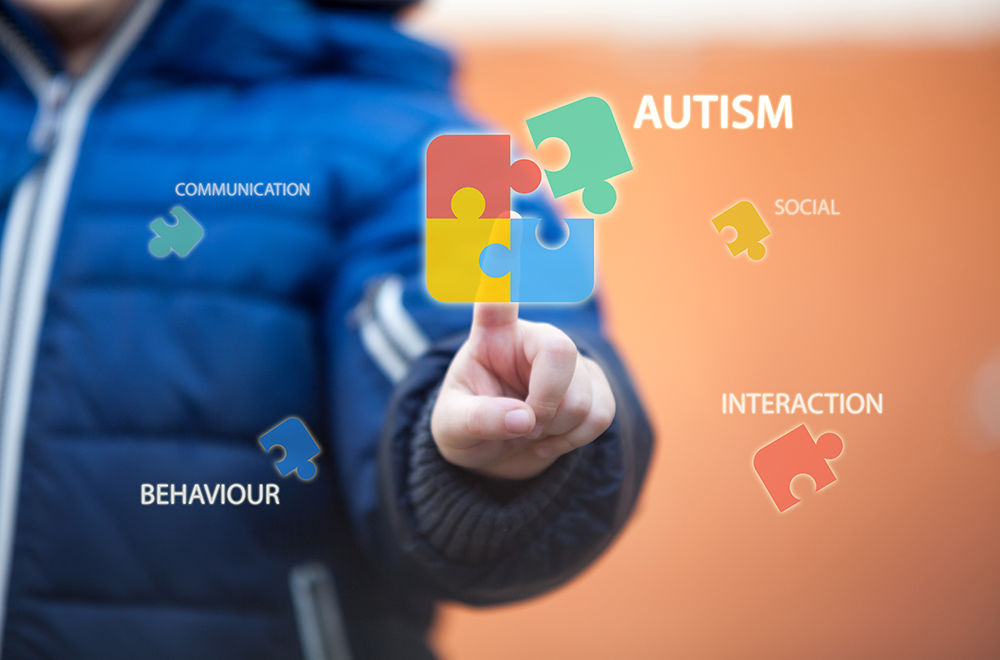An Autism Advisory Group has been established to provide advice and feedback to the National Disability Insurance Agency (NDIA).
The Australian Autism Alliance looks forward to working with its partners and the NDIA on this important agenda, secretariat, Jon Martin told F2L. “We have called for greater autism engagement across the NDIS to improve inclusion, participation and outcomes for autistic people. The NDIA has listened and responded and we look forward to further developing the terms of reference for the Advisory Group,” he said.
People with autism and their families constitute 30 per cent of the participants in the NDIS. The numbers are significant and to optimise the intended outcomes of the NDIS for the autistic community, engagement is the key, Martin said. “The advisory group will enable autism expertise to be promoted across the NDIS and greater consultation with people with the lived experience, service providers, researchers and families. We can help with co-designing NDIS processes that will help realise the enormous potential of autistic Australians”.
Among the issues the Advisory Group will be asked to discuss are:
- The increased prevalence of autism within the Australian population, as reported by the Australian Bureau of Statistics;
- The work, funded by the NDIA, but undertaken independently by the Autism CRC to develop a set of best-practice diagnostic guidelines. This work has been submitted to the National Health and Medical Research Council for review;
- The relevance of the new PEDI-CAT (ASD) as a functional assessment tool in the Australian context;
- The NDIA’s proposal, as part of its Participant Pathway work, for an independent third party to undertake a pilot to assess which functional assessment tools are most appropriate to assist making eligibility assessments for the NDIS. There will be no cost to individual’s seeking access to the Scheme from the proposed pilot;
- Whether functional assessment tools can assist with defining the necessary supports for participants to have a better life;
- The best approach to delivering autism services for eligible NDIS participants and children who receive ECEI services, within the context of broader mainstream autism services.
A report from a Joint Standing Committee on the NDIS were concerned that the PEDI-CAT tool is unsuited to assessing the functional capacity of children with a developmental delay, including those with Autism Spectrum Disorder (ASD), although it is being used by the NDIA and its partners to inform access and funding decisions and track children’s developmental progress. The potential inaccuracy of the PEDI-CAT in determining a child’s functional needs leads to broader concerns about whether the number of children with developmental delay accessing the NDIS and the level of their delay is correct.
Early childhood interventionist, Olivia Karaolis and Associate Faculty at Santa Monica College told F2L the PEDI-CAT should not be part of the assessment of children with autism as it can lead to misleading results. “As autism impacts on young children in the areas of communication, social and behaviour it is recommended that M-CHAT for younger children be part of the screening process.” ATEC can also be used as an assessment tool, she said. “Early intervention should be a priority with increased training in the Early Childhood sector.”
The Co-operative Research Centre for Living with Autism (Autism CRC), Amaze, Autistic Self-Advocacy Network – Australia and New Zealand (ASAN), Australian Advisory Board on Autism Spectrum Disorder (AABASD) and the Australian Autism Alliance will be part of the Autism Advisory Group with the first meeting of the group scheduled for July.
The Australian Autism Alliance was established in 2016 and is a diverse national network. It brings together key autism organisations representing people on the autism spectrum, parents, carers, service providers and researchers.
For more information visit: www.australianautismalliance.org.au

